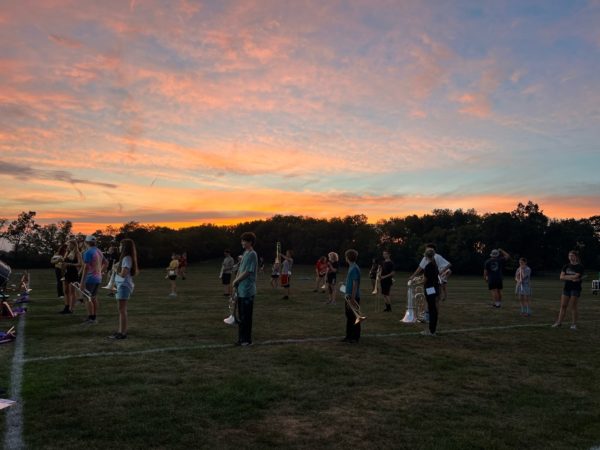Pollution takes away beauty of nature
October 26, 2016
A scuba diver 10 years ago would see a lot of vegetation, life, and animals in the Great Barrier Reef but today, all colors and life are almost gone.
In recent news, the Great Barrier Reef has been pronounced dead or almost dead, depending on what site. Outside Magazine posted in an obituary, “The Great Barrier Reef of Australia passed away in 2016 after a long illness. It was 25 million years old.” On the contrary it is reported that the reef is dying, not dead from CNN. A report by ARC Centre of Excellence for Coral Reef Studies explains that 93% of the reef is affected by coral bleaching which is putting the reef in danger of extinction. Coral bleaching is where a sudden change in temperature, light, or nutrients, thus making the coral expel symbiotic algae which turns the color white. Amanda Frankford teaches many marine and ecology classes here at Big Spring. Many do not know if the reef will survive and then return back to a healthy state but Frankford said “If water temperature conditions return to normal, corals can regain their zooxanthellae and return to normal color and survive. Also, although the Great Barrier Reef is not dead, I think the purpose of stating that it was dead, is to bring awareness to the world and show people that we can change our actions before it is too late.”
Scientists are stressing the fact that it is not dead but is dying due to a worry that many will think that the reef is too far recovery. Professor John Padolfi from Arc Centre has been studying the reef and has noted the importance of changing the relevance of the matter is that pollution has been damaging the earth natural beauty and this could lead to further generations knowing about these sites as past history. Rachel Schmidt, a concerned student, said, “I’ve always wanted to go to the Great Barrier Reef.” So, where is the change going to be made? All humans can benefit from these reefs. Frankford said, “People will spend money visiting coral reefs and therefore the local economies will be positively impacted and this will also provide jobs for people. Also, sustainable fishing practices are another benefit specifically for the local communities.”
Pollution is everywhere and even majorly affecting Pennsylvania. According to Keystone Crossroads, Pennsylvania’s cities have some of the worst air in the country. Pittsburgh is ranked 8th in the nation for year round particle pollution or known as soot. Other cities would include Harrisburg ranked 9, Philadelphia ranked 12, Altoona as 14, and Lancaster as 16 all on the same scale. Even Carlisle is 35 in the nation for worst air quality according to Cumberlink. If there is not a change this could lead to serious health deficits such as swollen lungs, coughing, asthma attacks, shortness of breath, and even premature death according to Paul Billings, a senior vice president for the advocacy of the American Lung Association.










